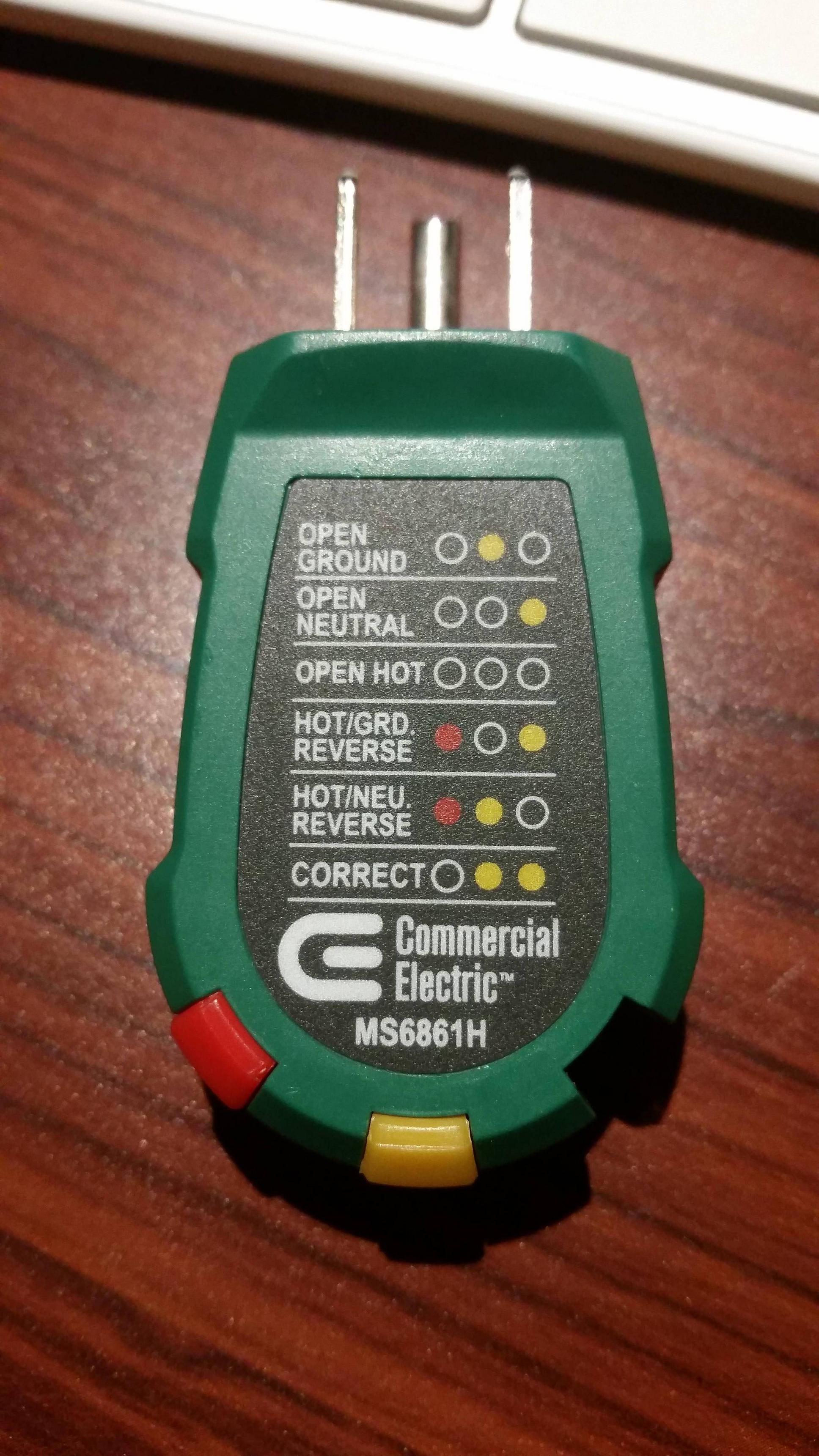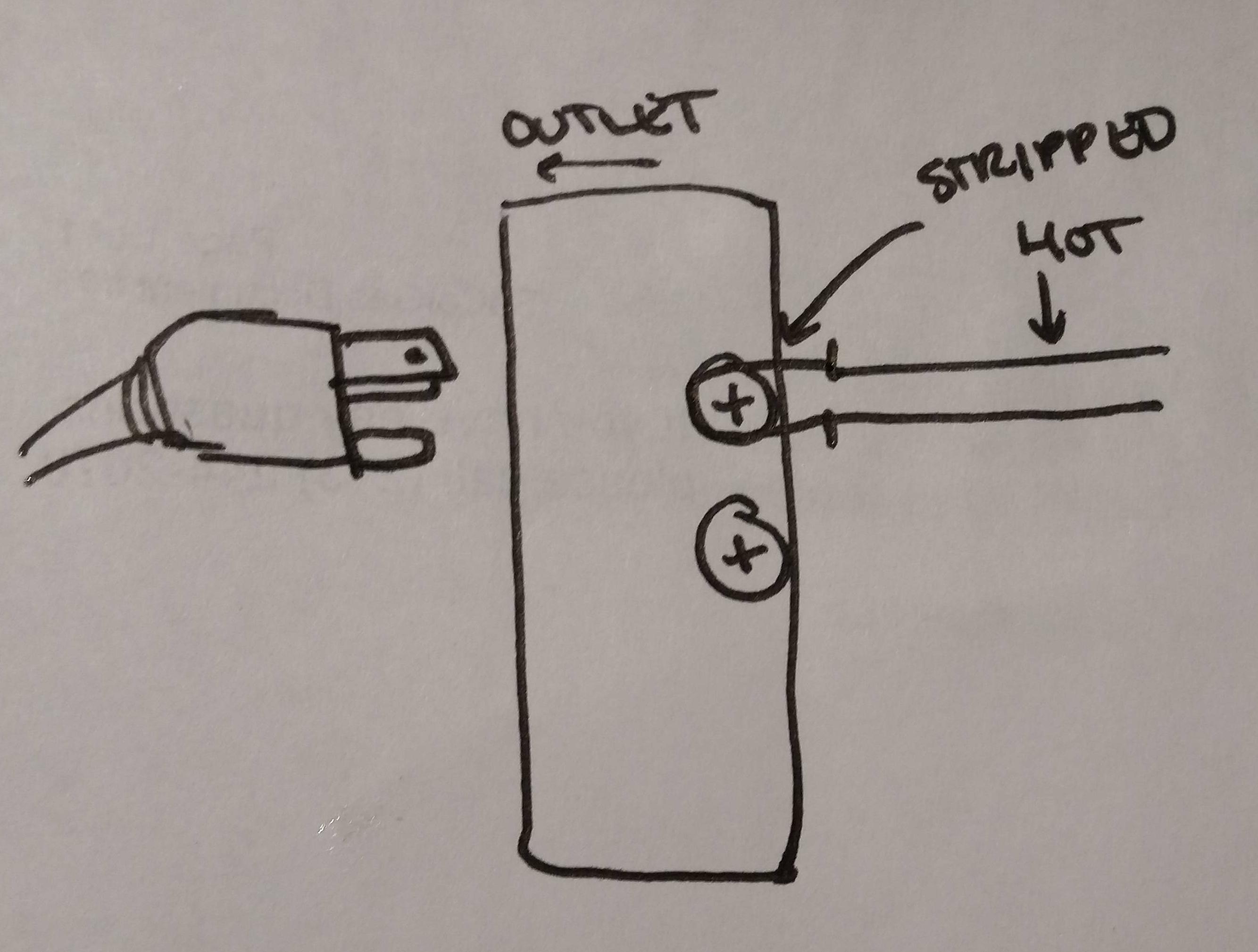I'm currently in a lease on an apartment as a tenant.
I've done quite a lot of small-time electrical work on places I've lived in the past: changing out outlets, switches, two-way switches, etc. I'm not uncomfortable at all with opening up a wall outlet and changing it out.
At my current apartment after changing some of the outlets due to old age/weak springs in the outlets, I discovered (unfortunately) that none of the 10 outlets I replaced are grounded. It's not likely that any of the outlets are grounded.
For my expensive equipment, I'll likely run a UPS with a really good surge protector in front of it to prevent it from damage in the case of a fault.
However, what are my options for fixing the problem at the source? Is it possible that the breaker box itself is grounded with the outlets and switches ungrounded? Does being ungrounded mean that the only solution is to run wires and hire an experienced electrician to install a ground rod? Would replacing all outlets with GFCI adapters help?
Update
I have just tested an outlet using a wiring tester and things look okay:

The lights indicate that the wiring is correct. This tester is a bit old and decrepit so I'm going to order another one and try it again to be sure. Would something like this be able to tell me that I am, in fact, grounded?
Update 2
Many of the outlets were wired in this way:

Both the hot and neutral wires are wired in this way on many of the outlets, which I thought was really strange.
Typically, I've seen wire endings attached to the outlets, not the middle of a wire stripped and wrapped around the screw on the side of the outlet.
